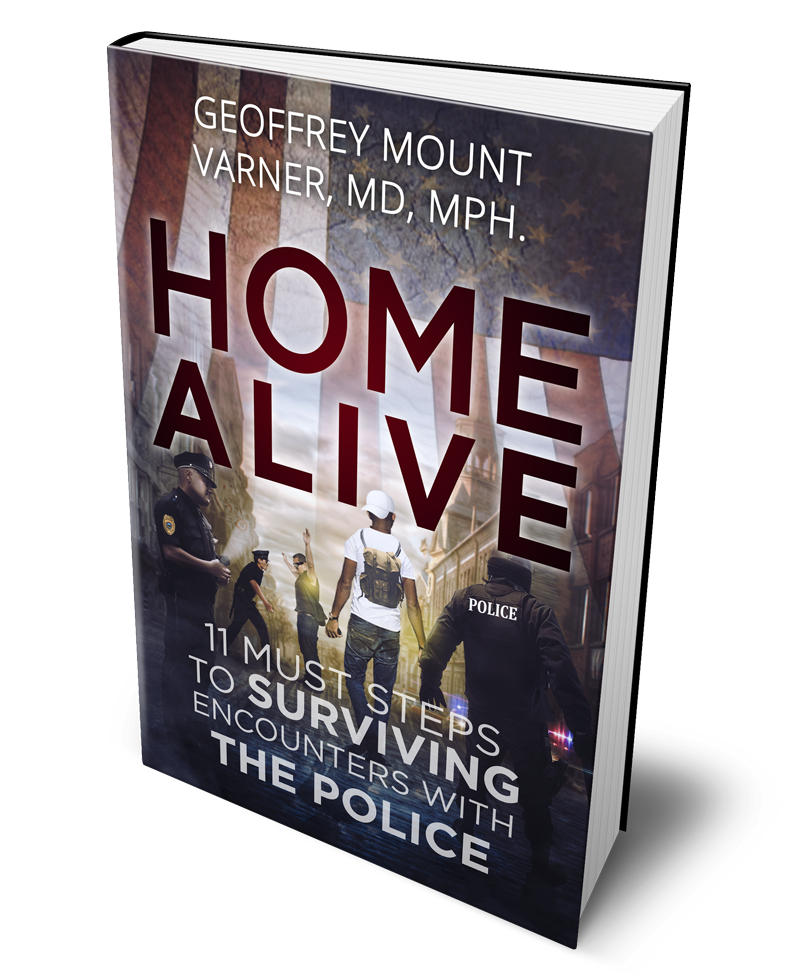WE MUST HELP THE POLICE SAVE LIVES
Part 5 Children
Meet Lucifer
The patient who we call Lucifer was presented to the emergency department triage desk as a psyche patient. He stated, “I need help. I am hearing voices and doing things I should not be doing.” After several questions, Lucifer eventually admitted to having a sexual relationship with my 12-year-old daughter. The police were called because the accusation involved a minor. Detectives went to the house and found the girl was outside playing with other kids. She was questioned by the officers and although, she initially denied the relationship, she ended up in tears, admitting to the ongoing assault. Reportedly, the 12-year-old said, “… I am so scared…. I was scared of what they would do to him…I am sorry.”
Children are physically, sexually and/or emotionally neglected and abused every day at alarming rates. Child advocacy centers served more than 311,000 families in 2015. Even more startling, 1670 children died from abuse or neglect in the United States in 2015. This would be equivalent to a class room full of kids being killed each week.
Here are the National Children’s Alliance reports on abuse:
- “Nearly 700,000 children are abused in the U.S annually. An estimated 683,000 children (unique incidents) were victims of abuse and neglect in 2015, the most recent year for which there is national data.”
- Of the children who experienced maltreatment, 25% were either physically abused and/or sexually abused.
- A parent, caretaker or person living in the house (boyfriend, uncle) make up over 90% of abusers.
Protecting Our Children
Children have a right to be protected. The world has to be conscientious about creating real or perceived barriers that make it less likely for a child in need to go to the police.
For example, President Trump’s aggressive immigration enforcement position has had a chilling impact on some Hispanic communities. Reports of child abuse have decreased. Los Angeles Police Chief, Charlie Beck reports, “Sexual assaults have dropped by 25% among the Latino population since the beginning of 2017…. And reports of domestic violence have dropped by 10%.” Kids and citizens are scared of the police. Beck believes the drastic declines are the result of the Hispanic community being concerned about deportation by the police.
My suspicion is that as a direct result of the fear created from the government’s more serious stance towards illegal workers, people are just not reporting the crimes out of fear of being deported themselves. In effect, what has been created is an environment where kids are less protected. An environment of letting crimes go has been created and kids have fewer protections because they don’t want themselves or their family members to be deported. We learned that when it comes to crimes against kids, they are more likely to be committed by someone they know, including uncles, boyfriends and close family friends. The police may be the only option.
There are a number of concerns that can be extrapolated to the greater community and more specifically to the Black community.
There is an apprehension that with the many recent high-profile media cases of police killing citizens, a child could reasonably fear that if they tell the police about a crime, the police may come and kill the mother, father, brother or sister who is abusing them (reminder- we are talking about the mind of a child). The child remains victimized and unprotected.
Saving Our Kids
We must teach our young kids not to fear the police. What if you, the care giver, are not around? You want your child to know that there is someone who will protect them in case something bad happens. You want your child safe, right? We have to let our children know that the police are a safe option.
The world has always protected children. We have to teach our children that it is OK to go to the police if they are in need of help. How do we teach our kids this? The following are a few commons strategies used by parents:
- While you are out with your kids and you see a police officer, introduce yourself and the children.
- Arrange a tour of the police station or arrange for the police to come to where you live.
- Don’t threaten your child with police action.
- Show the kids positive images of the police (http://www.cnn.com/2016/01/29/us/beyond-the-call-of-duty-policing-in-america/index.html)
- Speak positively about the police in the presence of children.
The problems of police killings are multifactorial and are going to take years to fix. But while the crisis is being addressed, we still have to teach our youths how to survive. Not maybe, but when your child is stopped by the police, they must be equipped with a survival tools which includes de-escalation techniques and basic police survival interaction skills.
Geoffrey Mount Varner MD,MPH is an Author from Maryland. In his book, Home Alive 11 Must Steps for Surviving Encounters with the Police, he advocates safety and survival first and the common goal in our communities to ensure the survival of our loved ones.”
Each One, Must Teach One to Save a Life.



Comments are closed.